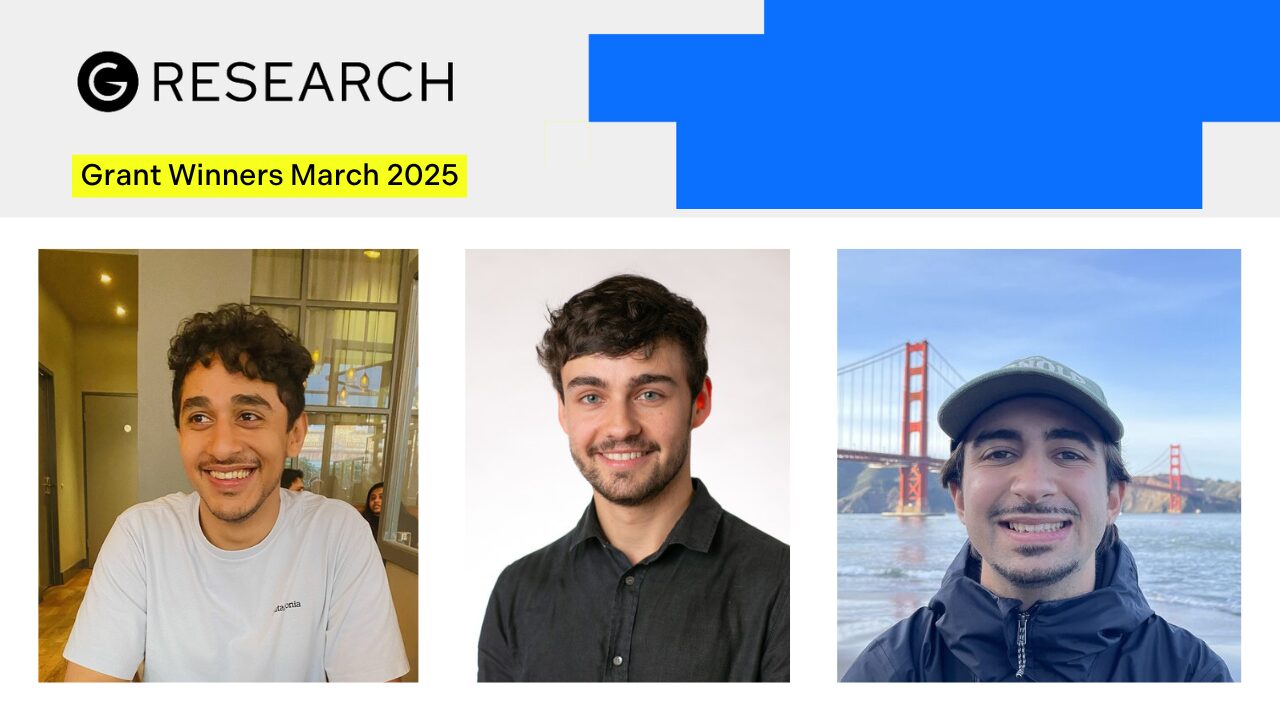Each month, we provide up to £2,000 in grant money to early career researchers in quantitative disciplines.
Our aim is to support and assist PhD students and postdocs conducting research, particularly with costs that may be difficult to get funding for elsewhere, for example, travel for those who are caring for children, or expenses for volunteer work related to research.
Read on to hear from our latest winners, their research and how our grants will aid their work.
March grant winners
Anish Dhir (Imperial College London)

“The process of scientific discovery is often slow and expensive, particularly in complex systems. My research aims to automate this cycle by leveraging causality to encode theories, Bayesian inference to represent uncertainty and active learning to select the most informative experiments.
“Within this, I am interested in approaches to causal discovery and causal representation, as well as developing accurate approximations of Bayesian posteriors. I am also interested in the safety implications of such an approach.
“This grant from G-Research supports my participation in ICLR and AABI, where I will present my paper, A Meta-Learning Approach to Bayesian Causal Discovery. In this work, we propose a transformer-based meta-learning model that directly targets the posterior over causal structures.”
Gregor Bachmann (ETH Zurich)

“I am a doctoral researcher in deep learning at the Institute for Machine Learning at ETH Zurich.
“The goal of my research is to obtain a deeper understanding of the inner workings of neural networks and how choices in training pipelines, such as the underlying architecture or the objective, can influence their performance.
“The G-Research grant will allow me to attend the International Conference on Learning Representations (ICLR), where I will present my work on speeding up inference of large language models. This will enable me to showcase my paper to a very broad audience.
Diego Calanzone (Mila Quebec AI Institute)

“I am a researcher in deep learning with a focus on reasoning, representation learning and computational biology.
“I pursue fundamental questions in intelligence systems, such as learning efficiency, memory and agency. Moreover, I am studying how techniques from deep learning can be applied in biology to accelerate drug discovery.
“This grant from G-Research supports my work on probabilistic reasoning in language models, where the challenge is to make e.g. intelligent assistants factual and reliable in their contributions.”
Congratulations to all of our grant winners.



